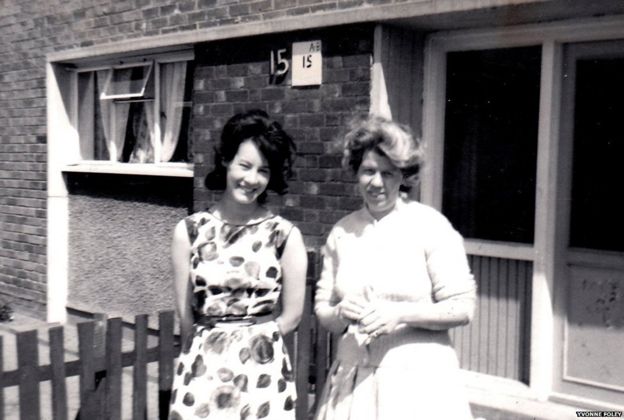Children of the banished dragon
The Daily Post
Liverpool, England
2006-01-23
Lew Baxter
Lew Baxter reports on a shameful episode after World War II when Chinese sailors who had risked their lives for Britain were deported back to China, many leaving behind distraught British wives and children.
Even 60 years later, tears and trauma trail in the wake of a callous official decision to forcibly repatriate hundreds of Chinese seamen who helped crew the British merchant fleets on the dangerous Atlantic wartime convoys ensuring the country’s vital lifeline.
Hundreds of other Chinese sailors lost their lives in those bitterly cold waters.
As a result of Home Office policy of the time, families were broken up and many of the British-born wives and children left behind became destitute, some women even thought of suicide as a way out of their misery. Others remarried and tried to forget the past. Many believed their husbands had deserted them and, for years, explained away their embarrassment by claiming they had drowned at sea.
The truth is much harsher and more brutal.
From October 1945 to July 1946, hundreds of Chinese sailors were rounded up, largely in Liverpool—quite a few at night by crack squads of police led by Special Branch—and repatriated. In reality, almost 5,000 were sent back to China under specially altered directives that affected their landing rights.
Their children—at least 450—were told little of their fathers, or that they were dead or had left, others were adopted by strangers who knew nothing of their background. Their early lives were cloaked in mystery and confusion.
Today the story of these perfidious and shabby deeds has been unearthed by the tenacity of a small number of these lost children of the Chinese dragons.
A memo locked away for decades in the Public Record Office in Kew—amongst a fascinating archive that reveals the shocking depth and extent of the iniquity—dated November 9 1945 reads: “I am directed by the Secretary of State to say that, with the ending of the war against Japan, deportation to China is likely to become possible before long and the Ministry of Transport will shortly be making available transport for the repatriation of Chinese now in this country.”
Many of the men had settled in Britain after “doing their duty” and had married local girls, particularly in Liverpool. There were hundreds of Eurasian children from these relationships and most of these sailors from Shanghai, Ningbo, Hong Kong and even Singapore assumed they had a right to remain in the country they had defended…
…It was the same mission that drove Yvonne Foley, who first learned of the facts after the BBC documentary and she became determined to trace her own background.
“My interest was stirred by that programme and I met Keith. We agreed to help each other. He gave me the names of others and there are now about nine of us. We have called ourselves the Dragons of the Pool,” says Yvonne, who has actually lived in Hong Kong and visited China many times. In many ways, the “dragons” are now a family forged out of a shared heartache.
In the wake of these post war deportations came awful distress and even attempted suicides amongst broken, distraught families: women who had no idea where their men had gone, some believing they had deserted them while generations of children never knew their fathers or their true bloodlines. Official records show that more than 230 married Chinese sailors were given no choice or chance to say goodbye to loved ones…
Read the entire article here or here.
